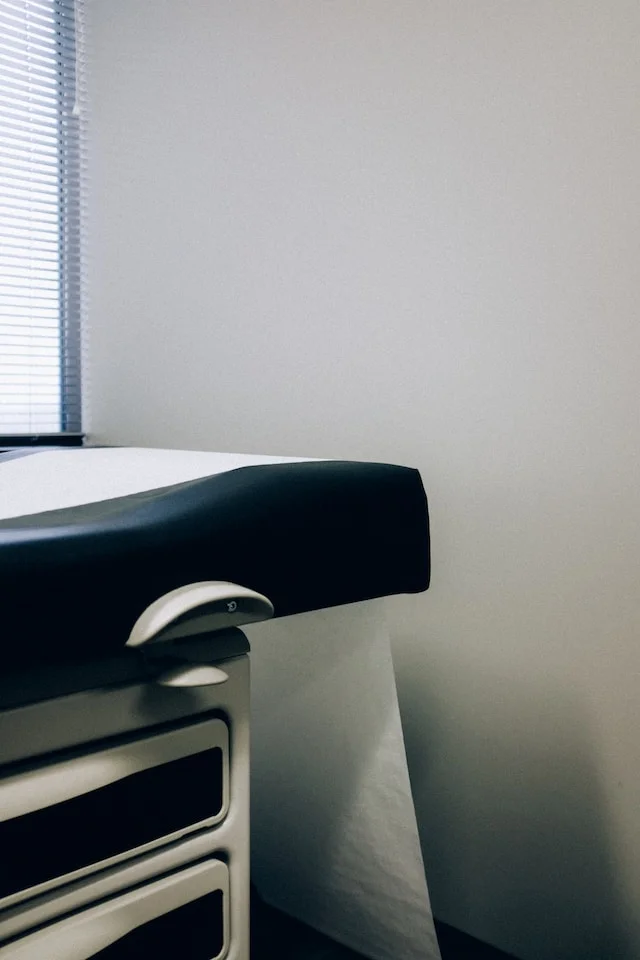
What to Expect During a Colonoscopy
Getting a colonoscopy is an important part of your medical care. The CDC recommends that all people over the age of 45 should be regularly screened for colorectal cancer. Getting screened could mean identifying an issue early and getting life-saving treatment.
But many people worry about what it may feel like to prepare for and undergo a colonoscopy. This fear may prevent people from getting the life-saving screening they need.
Knowing what to expect as you prepare for a colonoscopy may relieve some anxiety about getting this essential screening. This article will explain what will happen before, during, and after a colonoscopy so that you can be prepared.
What Happens Before, During, and After a Colonoscopy?
A colonoscopy is a procedure that allows your doctor to examine your colon and rectum for signs of colorectal cancer. During a colonoscopy, your doctor will insert a flexible tube with a camera attached into your rectum and into the colon. They may take a tissue sample during the procedure as well.
Here is a basic explanation of what will happen before, during, and after your colonoscopy.
Preparation
In order for your doctor to thoroughly examine your colon, it must be clean. Preparation for a colonoscopy may involve:
Dietary changes, such as eating a liquid-only diet for a period before the exam
Laxatives to help remove excess waste from the colon
Enemas to ensure the colon is clean
Showering or bathing before the exam
Follow your doctor’s guidance. Tell your doctor about any medications you take regularly, especially blood thinners, medications for diabetes, and those that contain iron.
During the procedure
While the colonoscopy takes only 30-60 minutes, you should schedule at least 2-3 hours to account for time spent in preparation and recovery.
Before your exam, you will take a sedative medication, either by pill or IV. This will allow you to remain calm and comfortable throughout the exam.
You will likely wear a hospital gown and lie on your side on an exam table or bed. The doctor will carefully insert a flexible tube with a camera–called the colonoscope–into your rectum. Your doctor may use air or carbon dioxide to inflate your colon, allowing them to examine it more thoroughly. You may feel the urge to have a bowel movement or stomach discomfort during this time. These effects are temporary and expected.
If your doctor needs to collect a sample of your tissue or remove an abnormality, they will insert other instruments into your rectum to do so.
Recovery
After the colonoscopy is complete, you will be moved to a recovery room to wait for the sedative to wear off. You cannot return to work or drive after the procedure, so you must plan ahead for a ride home.
Your doctor will explain how long you must wait before returning to a regular diet. Some people experience minor discomfort from gas or bloating for up to 24 hours after the procedure. After a colonoscopy, you may notice small amounts of blood in your first bowel movement. This is normal.
Schedule a Colonoscopy Now
Don’t let anxiety about a colonoscopy keep you from getting this critical exam. Reach out to the Gastroenterology of the Rockies team today to learn more about what to expect during a colonoscopy or to schedule the procedure.
